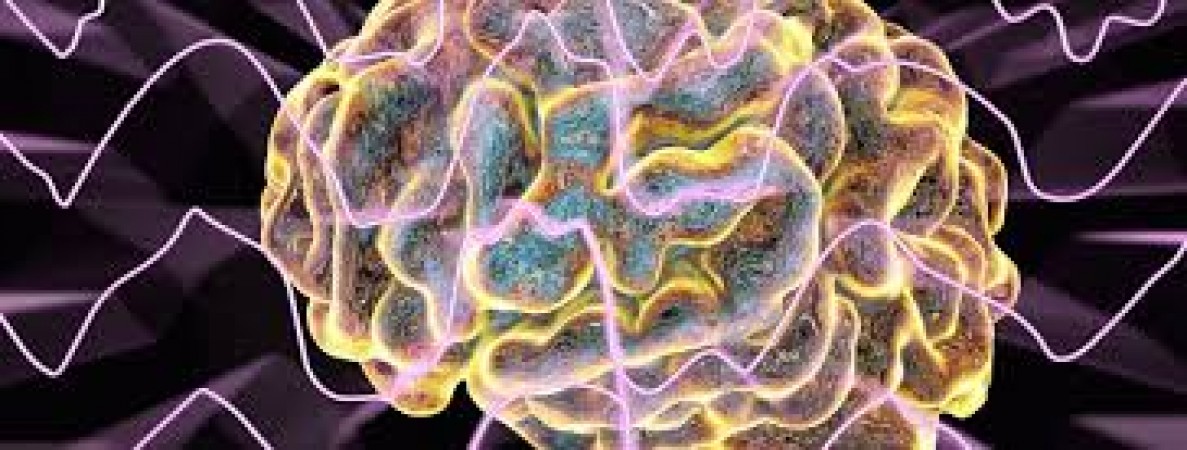
The brain and nerves are arguably the most intricate and fascinating systems in the human body. Together, they govern everything we do, from our thoughts and emotions to our movements and bodily functions. Understanding the complexities of the brain and nervous system is crucial in appreciating the wonders of human existence. In this article, we will delve into the world of neuroscience to explore how the brain and nerves work, the impact of brain health on our daily lives, and exciting developments in brain research.
2. Understanding the Brain and Nerves
2.1 The Complexity of the Brain
The brain is a marvel of evolution, comprising billions of neurons that form an intricate network. This incredible organ controls everything from our basic bodily functions to our most complex thoughts and emotions.
2.2 The Nervous System: A Master Communication Network
Working in tandem with the brain, the nervous system acts as a communication highway. It relays signals between the brain and various parts of the body, enabling us to perceive, interpret, and respond to the world around us.
3. Brain Structure and Function
3.1 The Cerebrum: The Seat of Consciousness
The largest part of the brain, the cerebrum, plays a central role in consciousness, reasoning, and voluntary movements. It is divided into distinct lobes, each responsible for different functions.
3.2 The Cerebellum: Coordination and Balance
The cerebellum, located at the back of the brain, is responsible for coordinating movement, balance, and posture. Despite its smaller size, it is indispensable for smooth motor function.
3.3 The Brainstem: Vital Functions
The brainstem controls essential functions like breathing, heart rate, and blood pressure. It serves as a bridge connecting the brain to the spinal cord.
4. How the Brain Works
4.1 Neurons: The Building Blocks of the Brain
Neurons are the fundamental building blocks of the brain. These specialized cells transmit information through electrical and chemical signals.
4.2 Synapses: The Key to Information Transfer
Synapses are junctions between neurons where information is transmitted. They play a vital role in learning and memory.
4.3 Neurotransmitters: Chemical Messengers of the Brain
Neurotransmitters are chemicals that facilitate communication between neurons. Their balance is essential for overall brain function.
5. The Nervous System in Action
5.1 Sensory Function: Interpreting the World Around Us
The nervous system's sensory function allows us to perceive the world through our senses, including sight, hearing, taste, smell, and touch.
5.2 Motor Function: Controlling Our Movements
The motor function of the nervous system enables us to perform voluntary movements and actions, ranging from simple gestures to complex activities.
6. Brain Plasticity: Adapting and Learning
6.1 The Ever-Changing Brain
Contrary to old beliefs, the brain is not fixed; it has the remarkable ability to adapt and rewire itself throughout life.
6.2 Neuroplasticity and Its Importance
Understanding neuroplasticity can open doors to new therapeutic approaches and rehabilitation techniques.
7. Common Brain and Nerve Disorders
7.1 Alzheimer's Disease: A Devastating Neurodegenerative Condition
Alzheimer's disease is a progressive brain disorder that affects memory, thinking, and behavior.
7.2 Stroke: Disruption of Blood Flow to the Brain
Strokes occur when blood flow to the brain is interrupted, leading to potentially severe consequences.
7.3 Multiple Sclerosis: Attacking the Nervous System
Multiple sclerosis is an autoimmune disease that targets the central nervous system, causing a range of neurological symptoms.
8. Maintaining a Healthy Brain and Nerves
8.1 Nourishing the Brain: Diet and Nutrition
A balanced diet rich in nutrients is crucial for brain health and cognitive function.
8.2 Exercise: Keeping the Brain Fit
Physical activity has a positive impact on brain health, improving memory and cognitive abilities.
8.3 Mental Stimulation: Keeping the Mind Sharp
Challenging the brain through mental exercises and engaging activities can preserve cognitive function.
9. The Mind-Body Connection
9.1 Stress and Its Impact on the Brain
Chronic stress can have adverse effects on brain health, affecting memory and emotional well-being.
9.2 Meditation and Mindfulness
Practicing meditation and mindfulness can promote brain health and emotional resilience.
10. Brain-Boosting Tips for Students and Professionals
10.1 Sleep: The Brain's Best Friend
Adequate sleep is vital for brain health, memory consolidation, and cognitive performance.
10.2 Stay Curious: Embrace Lifelong Learning
Continuous learning and intellectual curiosity can keep the brain agile and engaged.
10.3 Manage Stress: Strategies for a Healthy Mind
Effective stress management techniques can safeguard brain health and overall well-being.
11. The Future of Brain Research
11.1 Advancements in Neuroimaging Techniques
Cutting-edge neuroimaging technologies offer unprecedented insights into brain structure and function.
11.2 Brain-Computer Interfaces: Merging Humans and Technology
The development of brain-computer interfaces has the potential to revolutionize communication and human-machine interaction. The brain and nerves form the foundation of human life and experience. Understanding their complexities empowers us to take better care of our brain health and overall well-being. As research progresses, the future holds even more exciting prospects for unlocking the mysteries of the brain.
Blogging in the Metaverse: Exploring Virtual Realms
Twitter Alteration to X has procured enormous monthly active users
Twitter pronto “X” is giving out Revenue Share to all Content Devisers Globally